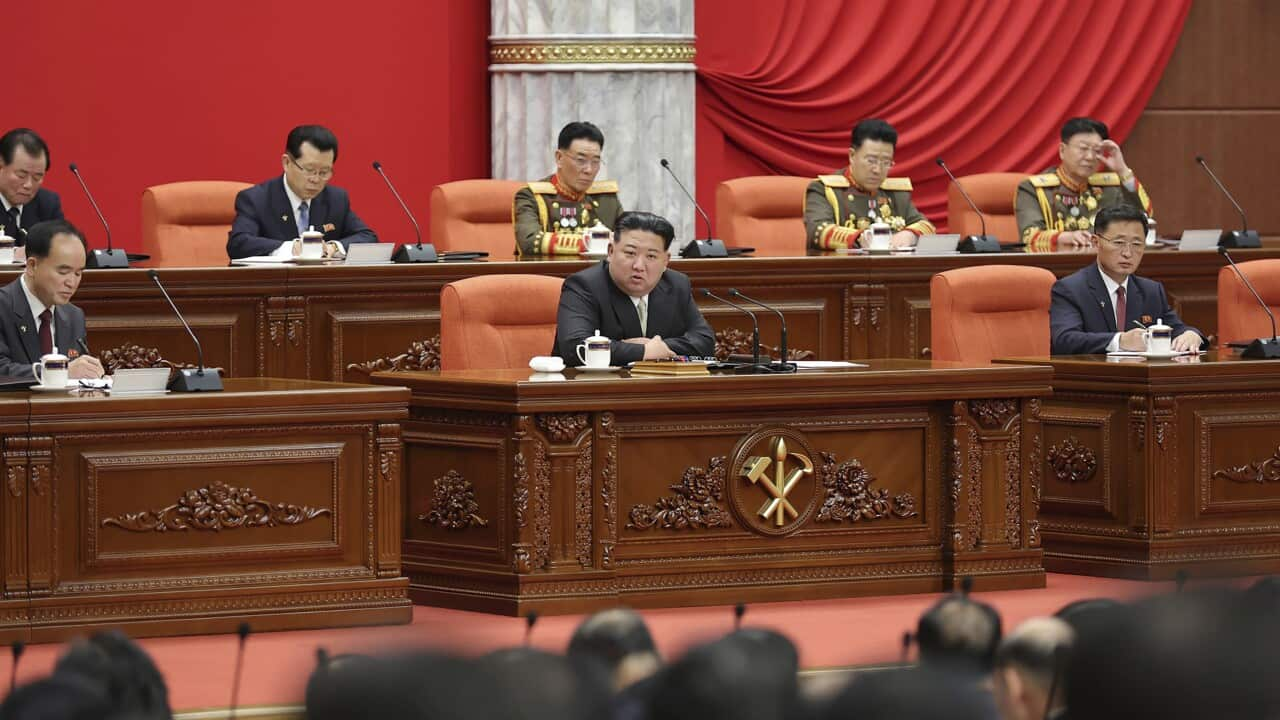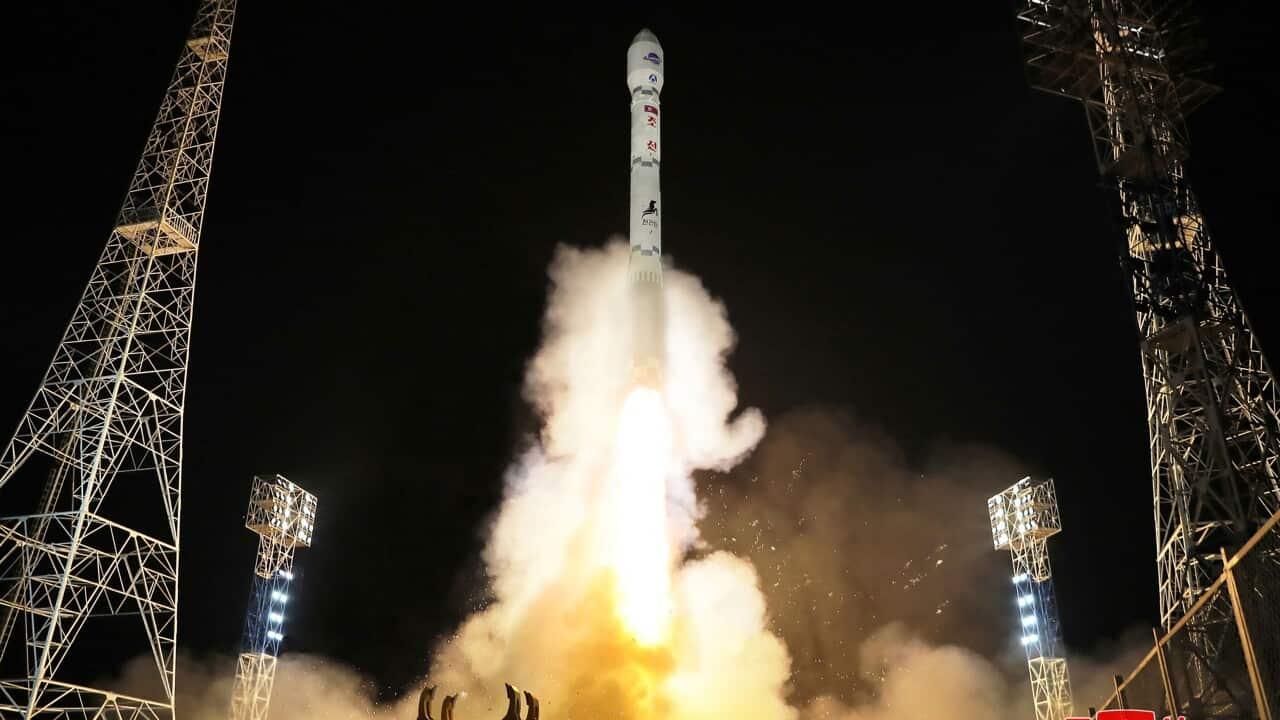Key Points
- South Korea has accused North Korea of firing more than 200 artillery rounds near a disputed maritime border.
- South Korea described it as an "act of provocation" and responded with live fire drills.
- There was no civilian or military damage in South Korea, but residents of two islands were evacuated.
North Korea has fired more than 200 artillery rounds near a disputed maritime border with South Korea in another escalation of tension between the rivals and prompting the South to take "corresponding" action with live fire drills.
The exchange led residents of two remote South Korean islands on the western maritime frontier to evacuate to bomb shelters at the instruction of the South's military before it fired live rounds towards the disputed Northern Limit Line (NLL) border.
The firing by North Korea caused no civilian or military damage in the South, South Korea's military said.
"This is an act of provocation that escalates tension and threatens peace on the Korean peninsula," South Korea's Defence Minister Shin Won-sik said as he supervised the firing drills.
The North Korean artillery shells all landed on the northern side of a disputed maritime border, spokesman Lee Sung-joon said, adding the South Korean military had been monitoring the North's moves along its shores with the co-operation of the US military.
South Korea's Defence Ministry said marine brigades based on the Yeonpyeong and Baengnyeong islands fired at sea to the south of the NLL border demonstrating "overwhelming operational response".
The South Korean drills involved mechanised artillery and tanks.
China, which is North Korea's main political ally, urged restraint and called on the two sides to resume dialogue.
Yeonpyeong - home to more than 2000 residents and troops stationed there - is about 120km west of Seoul and accessed by ferries.

South Korea has called the North's artillery fire "an act of provocation that escalates tension". Source: AAP / Lee Jin-man/AP
"What's different this year is ... Kim Jong-un has publicly disavowed reconciliation and unification with the South," he said.
In remarks to a major party meeting last week, the North Korean leader said unification with the South was not possible and Pyongyang was fundamentally changing its policy towards the South, which it now sees as an enemy state.
The waters near the disputed NLL have been the site of several deadly clashes between North and South Korea including skirmishes involving warships and the sinking of a South Korean navy corvette early in 2010 by what is believed to be a North Korean torpedo.
In November 2010, North Korean artillery fired scores of rounds at Yeonpyeong island, killing four people including two civilians, in one of the heaviest attacks on its neighbour since the Korean War ended in 1953.
North Korea said at the time it was provoked into the attack by South Korean live-fire drills that dropped shells into its territorial waters.
Drawn up at the end of the 1950-53 Korean War as an unofficial border, Pyongyang did not dispute the NLL until the 1970s, when it began violating the line and arguing for a border further to the south.
Residents of Baengnyeong island which lies far to the west of Yeonpyeong and also near the sea border, were also told to seek shelter, a village official there said.
North Korea has increasingly warned in recent days that the situation on the Korean peninsula is spiralling towards war because of dangerous moves by the US and South Korean militaries.
Both Koreas have vowed crushing military responses if attacked.











